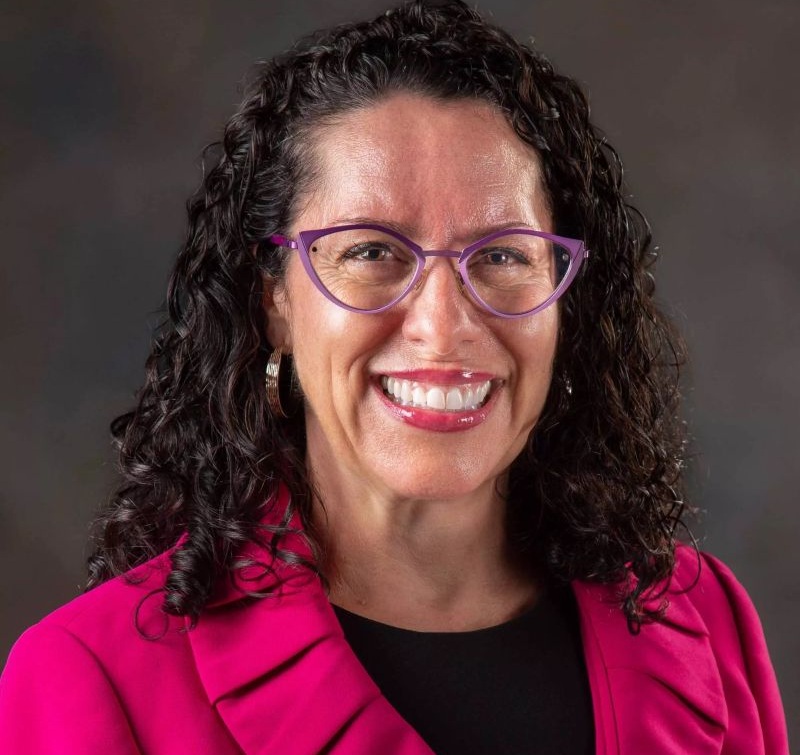The Wisconsin Statutes establish standards of ethical conduct for all of local public officials, including school board members, school district administrators, and others leading Wisconsin counties, cities, villages, towns, and sewerage and other special districts. This Legal Update will review the legal obligations found in Wisconsin’s Code of Ethics for Local Public Officials (Code).
The Code, which is found in Wis. Stat. Ch. 19, defines a “local public official” to include any person holding elective office of a local governmental unit, an appointive office or position of a local governmental unit in which an individual serves for a specified term, except a position limited to the exercise of ministerial action or a position filled by an independent contractor, and an appointive office or position of a local government which is filled by the governing body of the local government or the executive or administrative head of the local government and in which the incumbent serves at the pleasure of the appointing authority, except a clerical position, a position limited to the exercise of ministerial action or a position filled by an independent contractor. School board members and school district administrators are clearly local public officials for purposes of the Code.
In general, the Code contains two kinds of restrictions. First, a local public official may not personally profit from holding public office, apart from the receipt of salary and expenses to which the official is entitled as a result of the position or office. Second, the local public official may not participate in decisions in which the official has a personal financial interest. More specifically, a local public official may not:
- Accept items or services of substantial value for private benefit, or for the benefit of the official’s immediate family or associated organizations, if offered because of the official’s position.
- Accept anything of value that could reasonably be expected to influence the official’s vote, official actions or judgment.
- Accept anything of value that could reasonably be considered a reward for any official action or inaction.
- Take official action substantially affecting a matter in which the official, the official’s immediate family, or an associated organization has a substantial financial interest.
- Use the official’s office or position to produce a substantial benefit for the official, his/her immediate family member, or an associated organization.
The Code defines “immediate family member” to include only the local public official’s spouse and relatives by marriage, lineal descent or adoption, who receive, directly or indirectly, more than one-half of their support from the individual or from whom the official receives, directly or indirectly, more than one-half of his/her support. It also establishes that to be “associated” with an organization means any organization in which the local public official or a member of his/her immediate family is a director, officer, or trustee, or owns or controls, directly or indirectly, and severally or in the aggregate, at least 10% of the outstanding equity or of which the official or a member of his/her immediate family is an authorized representative or agent.
The Code defines “anything of value” as “any money or property, favor, service, payment, advance, forbearance, loan, or promise of future employment, but does not include compensation and expenses paid by the state, fees and expenses which are permitted and reported under Wis. Stat. § 19.56, political contributions which are reported under Wis. Stat. Ch. 11, or hospitality extended for a purpose unrelated to state business by a person other than an organization.” There is no bright line rule or amount. It is anything of more than inconsequential or token value. In the past, the Governmental Accountability Board has explained that something valued at $15 would be sufficient to trigger the Code’s restrictions.
Local public officials should address their potential conflicts between the official’s private interest and governmental responsibilities before the matter is considered by the governmental body. Indeed, many conflicts of interest are easily resolved by relinquishing the private interest or mitigating the problem by abstaining from a discussion and action on a particular topic and/or leaving the meeting when the topic will be considered by the governmental body. If a local public official has questions about whether he/she has an actual or perceived conflict of interest, the official should seek advice from the legal counsel representing the governmental body.
The local District Attorney is authorized to receive complaints alleging that a local public official has violated the Code. A complaint may be filed by an interested taxpayer, a frustrated school district employee, or even another school board member. Upon receipt of a complaint, typically, the District Attorney will reach out to the presiding officer of the governmental body to provide notice of the complaint and may assign a local law enforcement officer to investigate the allegations contained in the complaint. If the District Attorney does not pursue the complaint within twenty (20) days of receipt, the complainant may send the complaint to the Attorney General’s Public Integrity Unit. If the Attorney General also declines to prosecute the matter, the complainant does not have the right to pursue a private legal action against the local public official, but could seek a remedy through an election or public relations campaign.
If a local public official is found to have violated the Code, the official may be required to forfeit up to $1,000. If, due to the nature of the conduct, including the value of the official’s financial interest, the official’s conduct is also a violation of Wis. Stat. § 946.13, the local public official could be convicted of a Class E felony, which could result in a fine of not more than $10,000, imprisonment for not more than two years, or both.


